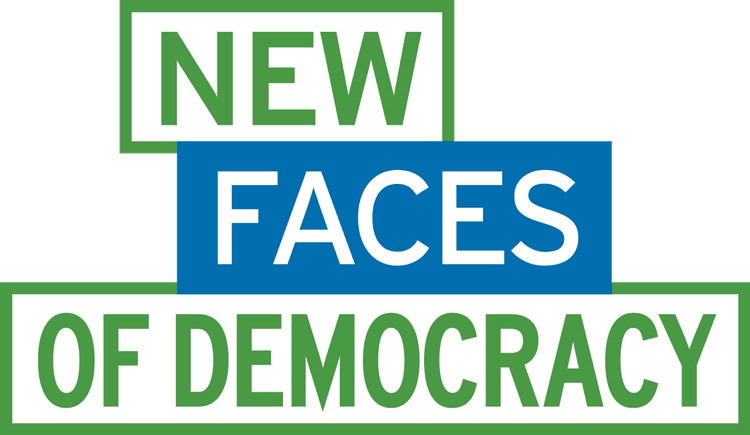Guest Pod: Democracy Works
November 19, 2020

This week features a guest episode from Democracy Works, a podcast dedicated to answering the question “What Does it Mean to Live in a Democracy?". Each week, the podcast examines a different aspect of democratic life, like voting, criminal justice or the free press. Produced by The McCourtney Institute for Democracy at Penn State, Democracy Works showcases some of the finest academic minds studying these issues today. Like New Faces of Democracy, Democracy Works is focused on the role each of us can play in building and sustaining a healthy democracy.
This episode features a fascinating discussion with Robert Lieberman, professor of political science at Johns Hopkins and co-author of the book, "Four Threats: The Recurring Crises of American Democracy." The book explores five moments in history when democracy in the U.S. was under siege: the 1790s, the Civil War, the Gilded Age, the Depression, and Watergate. These episodes risked profound—even fatal—damage to the American democratic experiment. From this history, four distinct characteristics of disruption emerge. Political polarization, racism and nativism, economic inequality, and excessive executive power—alone or in combination—have threatened the survival of the republic, but it has survived—so far. What is unique, and alarming, about the present moment in American politics is that all four conditions exist.
To learn more about Democracy Works, you can visit their website at democracyworkspodcast.com.

